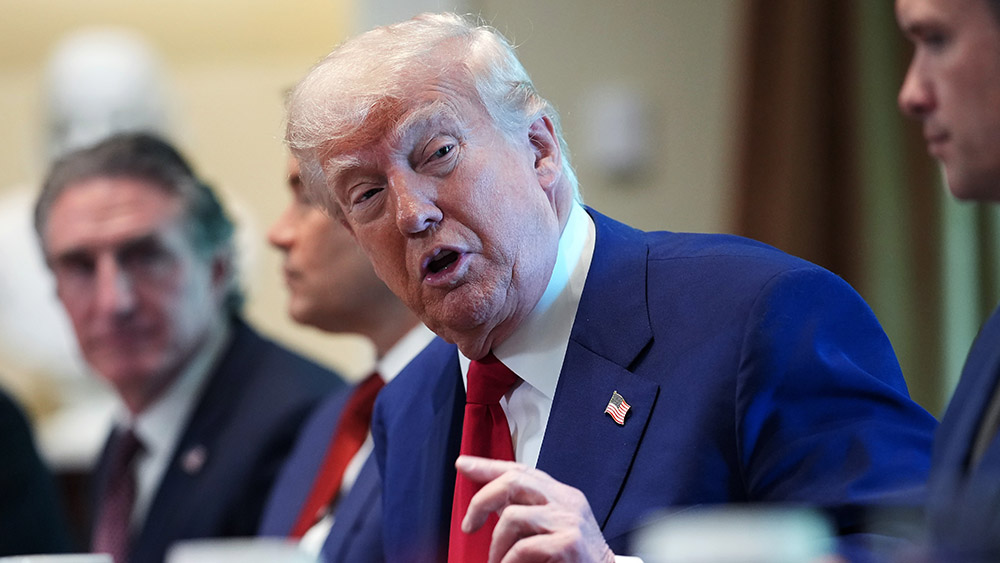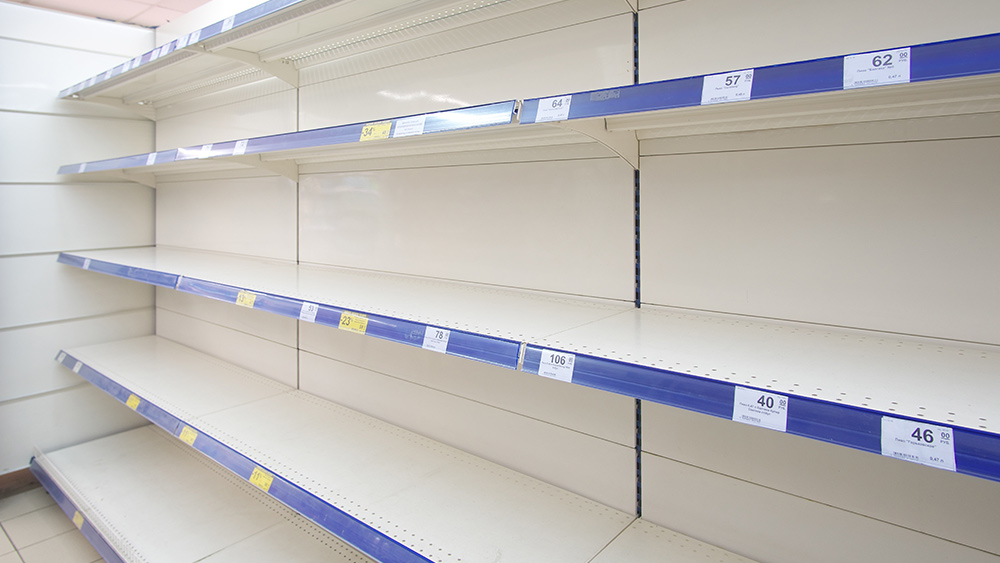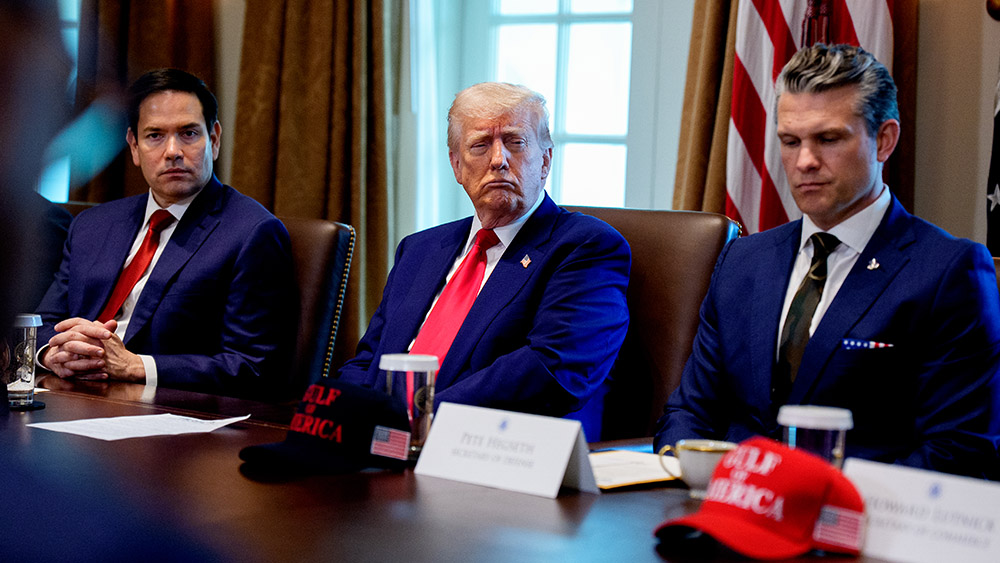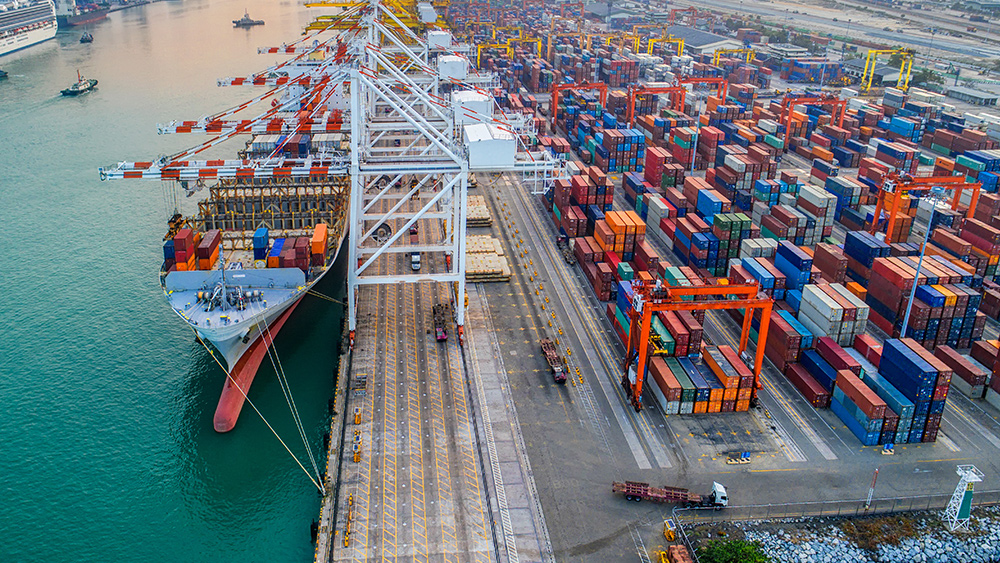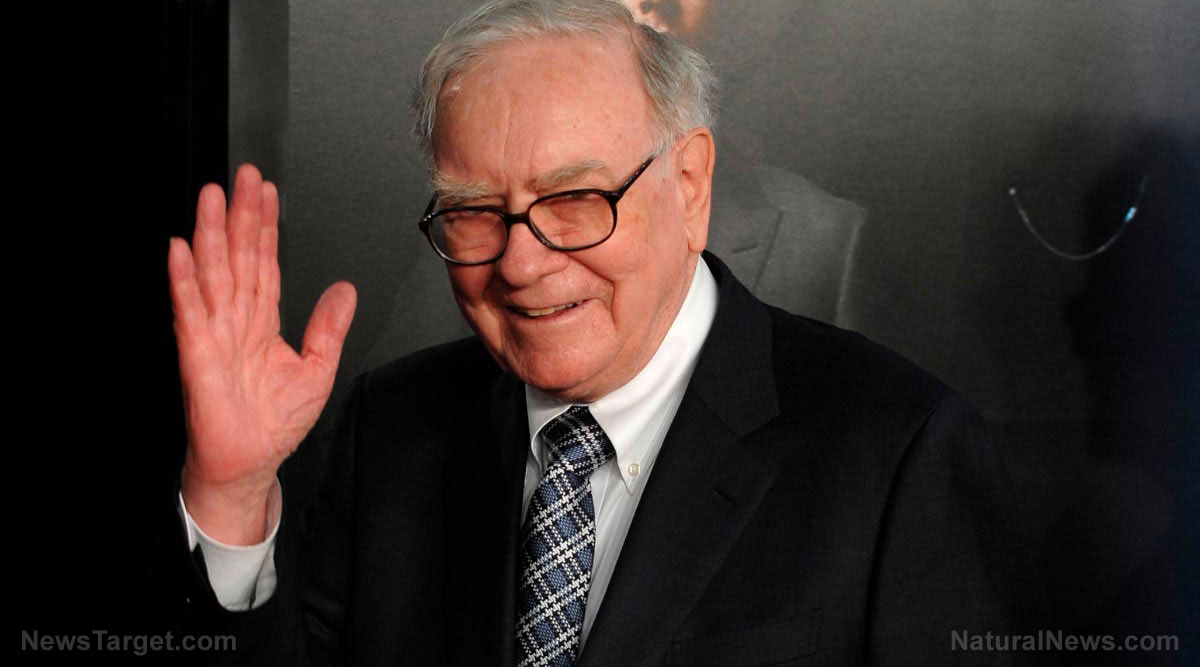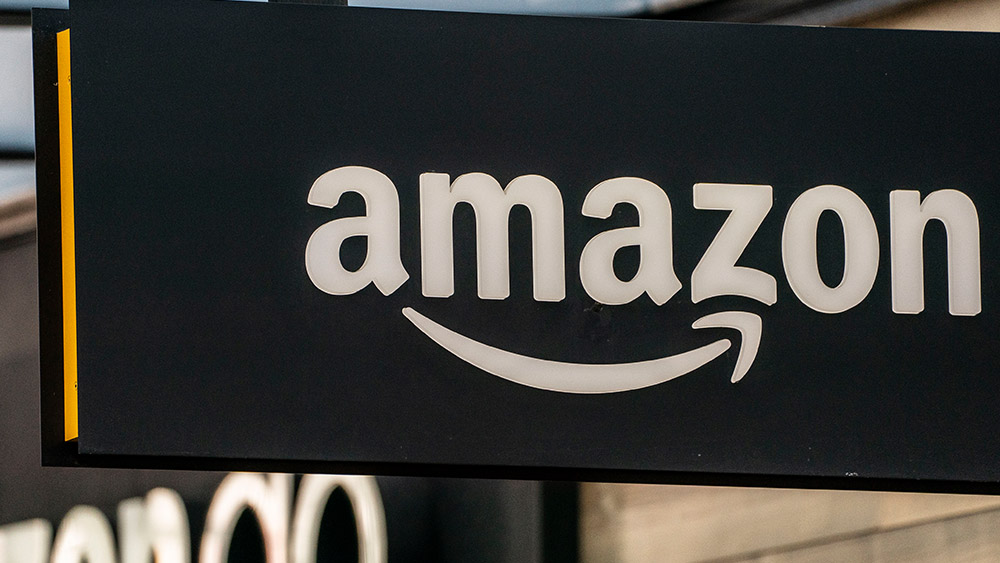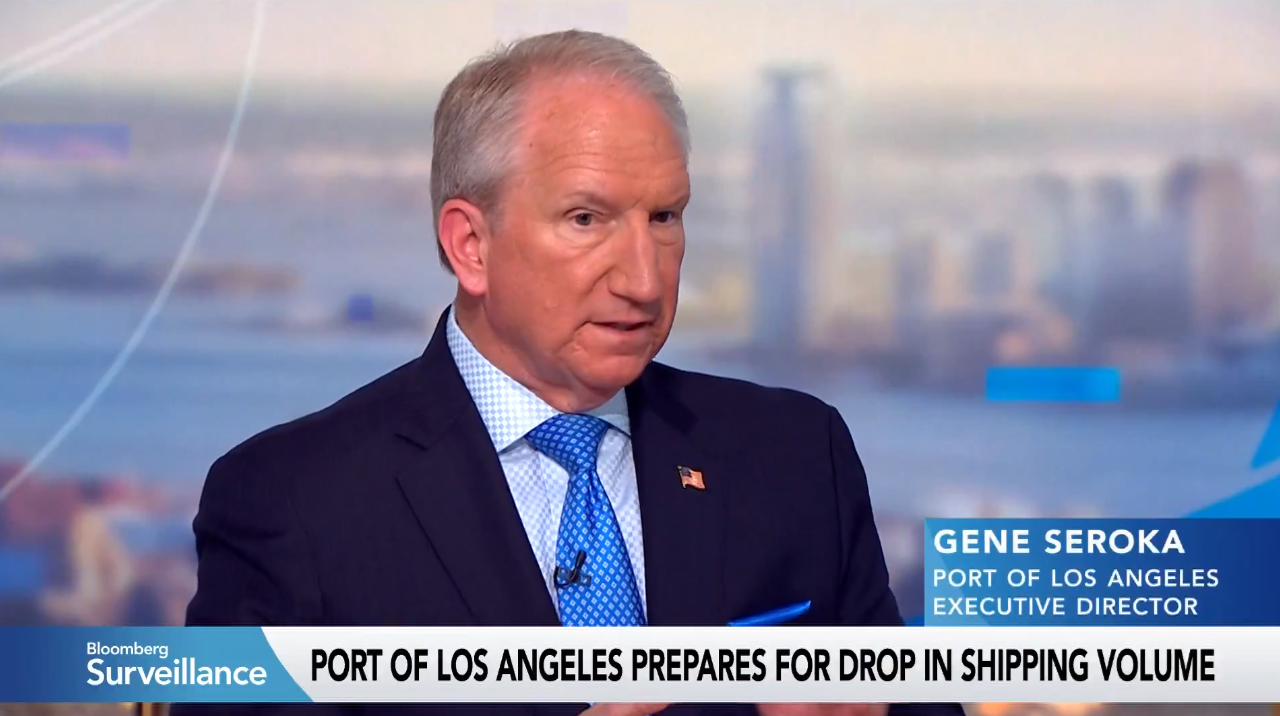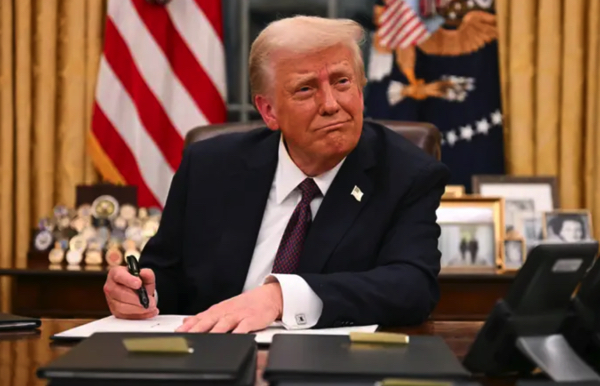U.S. and China edge toward trade talks, but sticking points remain
05/08/2025 / By Ava Grace

- Beijing has acknowledged a U.S. offer to discuss steep tariffs but insists Washington must first drop unilateral tariffs and correct “erroneous practices.”
- Previously dismissive of talks, China has taken steps to ease tensions, exempting key U.S. imports (e.g., pharmaceuticals, microchips) from retaliatory duties.
- U.S. growth has slowed due to tariff-related stockpiling, while China faces slumping factory activity and falling exports, pushing both toward negotiations.
- Trump insists China must make concessions first, while Beijing demands the U.S. lift tariffs before talks, reflecting deep mutual mistrust.
- Even if talks proceed, hurdles remain, including China’s demand for a Trump-backed negotiator and potential complications from hardliners like Marco Rubio.
For the first time since the latest escalation in the U.S.-China trade war, Beijing has signaled a willingness to negotiate — but with major conditions. On Friday, May 2, China’s Commerce Ministry confirmed it was evaluating a U.S. offer to discuss President Donald Trump’s aggressive 145 percent tariffs on Chinese goods. While the statement suggests a potential thaw in tensions, Beijing made clear that any talks hinge on Washington dropping its unilateral tariffs and correcting what it calls “erroneous practices.” The development comes as both economies face mounting pressure: China battles slowing growth and deflation, while U.S. businesses reel from supply chain disruptions.
Until now, Chinese officials had dismissed negotiations, insisting the U.S. must first lift tariffs. The latest acknowledgment marks a subtle but significant shift. Behind the scenes, Beijing has already taken steps to ease tensions, exempting key U.S. imports—such as pharmaceuticals and microchips — from retaliatory duties. Analysts see this as a pragmatic move to protect critical industries while avoiding further escalation. (Related: Tariff war escalates: China retaliates with 125% tariffs on U.S. goods, as Xi Jinping warns of “self-isolation” for America.)
The trade war is taking a toll. U.S. economic growth unexpectedly stalled in early 2024, partly due to businesses stockpiling imports ahead of tariffs. Meanwhile, China’s factory activity slumped to its worst level since late 2023, with export orders plummeting. The mutual economic strain may be forcing both sides back to the table—but neither wants to appear weak.
Trump’s tough stance vs. China’s demands
President Trump has repeatedly framed tariffs as leverage to secure fairer trade terms, insisting China must make the first move. Beijing, however, insists Washington must act first by scrapping tariffs. “If we fight, we fight to the end; if we talk, the door is open,” China’s Commerce Ministry declared. The stalemate underscores deep mistrust, with Beijing accusing the U.S. of coercion and Washington alleging years of unfair trade practices.
Even if talks begin, major obstacles remain. China wants a U.S. negotiator with direct backing from Trump to ensure any deal sticks. Meanwhile, Secretary of State Marco Rubio’s expanded role in the administration — now including national security — could complicate relations, given his hardline stance on China.
While markets rallied on hopes of de-escalation, the path forward is fraught. Both sides face domestic pressures to stand firm, yet the economic costs of prolonged conflict may soon outweigh political posturing. For now, the world watches to see whether these tentative overtures lead to real compromise — or another breakdown.
Watch as Gordon Chang says Trump won’t lose his nerve in trade war with China.
This video is from the NewsClips channel on Brighteon.com.
More related stories:
Trump’s trade turmoil: U.S. drops tariffs on 70 nations, escalates China trade war to 125%.
Trump signals willingness to ease China tariffs in push for TikTok deal.
Trump’s trade turmoil: U.S. drops tariffs on 70 nations, escalates China trade war to 125%.
China STRIKES BACK, imposes retaliatory tariffs on U.S. goods as trade tensions escalate.
Sources include:
Submit a correction >>
Tagged Under:
big government, bubble, China, Chinese goods, conflict, economic strain, economy, market crash, money supply, national security, progress, risk, supply chain, tariffs, trade war, Trump, Xi Jinping
This article may contain statements that reflect the opinion of the author
RECENT NEWS & ARTICLES
SupplyChainWarning.com is a fact-based public education website published by SupplyChainWarning.com Features, LLC.
All content copyright © 2021 by SupplyChainWarning.com Features, LLC.
Contact Us with Tips or Corrections
All trademarks, registered trademarks and servicemarks mentioned on this site are the property of their respective owners.



